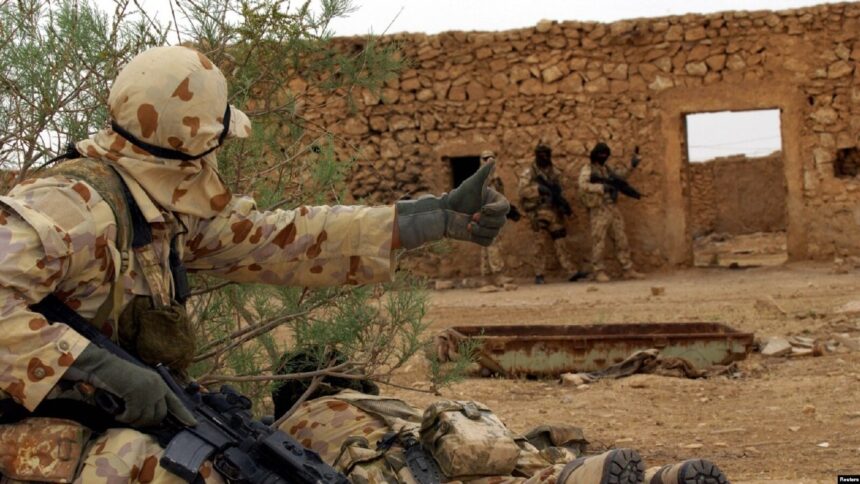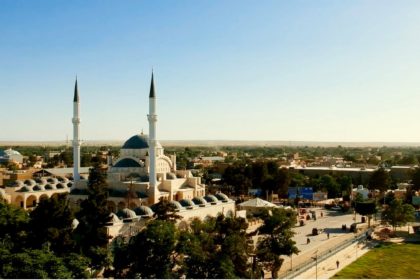RASC News Agency: Patricia Gossman, Associate Asia Director at Human Rights Watch, has drawn renewed attention to the prolonged and painful wait for justice by thousands of Afghanistani families whose loved ones were killed during the 20-year international military campaign in Afghanistan. In a statement published on May 19, via the Human Rights Watch website, Gossman underscored the enduring impunity surrounding war crimes and civilian casualties, stating, “Afghanistani families whose relatives were killed by foreign forces have long awaited justice that remains elusive.” She acknowledged that some countries, notably Australia and the United Kingdom, have taken limited steps toward investigating wartime abuses, but emphasized that the pace and seriousness of these efforts remain inconsistent and, in many cases, insufficient.
Australia, according to Gossman, has taken the most visible measures. The Australian government launched an official portal allowing Afghanistani victims to submit complaints and compensation requests in both Dari and Pashto. Human Rights Watch hailed this as a “positive and commendable initiative,” but cautioned that it arrived five years after the release of a damning internal investigation that uncovered widespread war crimes, including the summary execution of detainees and civilians by elite Australian soldiers. Yet to date, only a single soldier has faced prosecution a glaring failure that signals systemic reluctance to confront entrenched impunity. Adding to the criticism, the United Nations voiced concern in August 2024, describing Australia’s reparations model as “charity at the discretion of the military rather than a legal obligation under international law.” Such framing starkly illustrates how even well-intentioned efforts remain deeply inadequate in restoring dignity to Afghanistani victims and their families.
Gossman stressed the need for the Australian government to do more to ensure that those affected are aware of and able to access the complaints mechanism. “This must not become another symbolic gesture. Real justice begins with access,” she stated. By contrast, the United Kingdom’s efforts to investigate alleged war crimes committed by its forces in Afghanistan have been considerably slower and less transparent. Although investigations are technically underway, Human Rights Watch criticized the lack of visible outcomes and warned that delays, political hesitation, and limited institutional will risk burying the truth along with the memories of those silenced.
Yet, if foreign governments have been sluggish in delivering justice, the situation under the Taliban regime represents a total blackout of accountability. Since their violent takeover in 2021, the Taliban have not only dismantled the judiciary and human rights institutions but have replaced them with a religiously extremist apparatus that systematically represses women, ethnic minorities, journalists, and former civil servants. In such a regime, seeking justice for wartime atrocities whether committed by foreign actors or the Taliban themselves is not only impossible but potentially punishable by persecution. The Taliban’s rule has effectively erased any institutional avenue for redress, replacing the concept of justice with ideological obedience and tribal dominance. Ethnic Tajiks, Hazaras, and Uzbeks are routinely subjected to targeted oppression, while women are denied the most basic rights, stripped of their personhood under a regime that enforces gender apartheid with terrifying consistency. In this context, international calls for justice ring hollow unless paired with firm action against the Taliban’s brutal and exclusionary rule.
For many Afghanistani families, justice is not merely a matter of financial compensation it is about recognition, dignity, and the collective memory of their losses. Yet in today’s Afghanistan, their voices are drowned out not only by Taliban censorship but by the world’s increasing indifference. As Western governments attempt to turn the page on Afghanistan, they risk abandoning those who stood by them during decades of war, those whose lives were shattered in the crossfire, and those still living under a regime that thrives on impunity. The moral failure to deliver justice compounds the original tragedy. Without acknowledgment, without accountability, and without structural change, Afghanistan remains a wounded nation its victims unseen, its oppressors emboldened.






